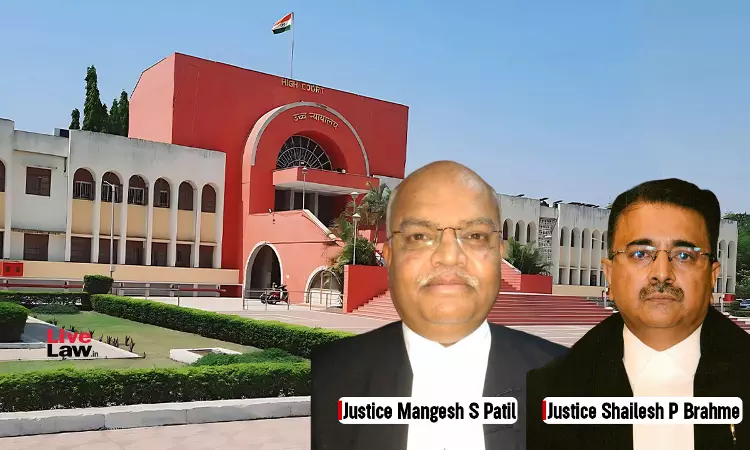UGC Ph.D. Requirement For Promotions In Maharashtra Colleges Can't Be Applied Retrospectively: Bombay High Court
Pranav Kumar
2 Nov 2024 12:20 PM IST

Next Story
2 Nov 2024 12:20 PM IST
Bombay High Court, Aurangabad Bench: A division bench of Justices Mangesh S. Patil and Shailesh P. Brahme ruled that the University Grants Commission (UGC) Ph.D. requirement for promotion to Associate Professor, introduced in 2018, applies prospectively and does not impact faculty who qualified under earlier regulations. The State of Maharashtra was directed to review the...
